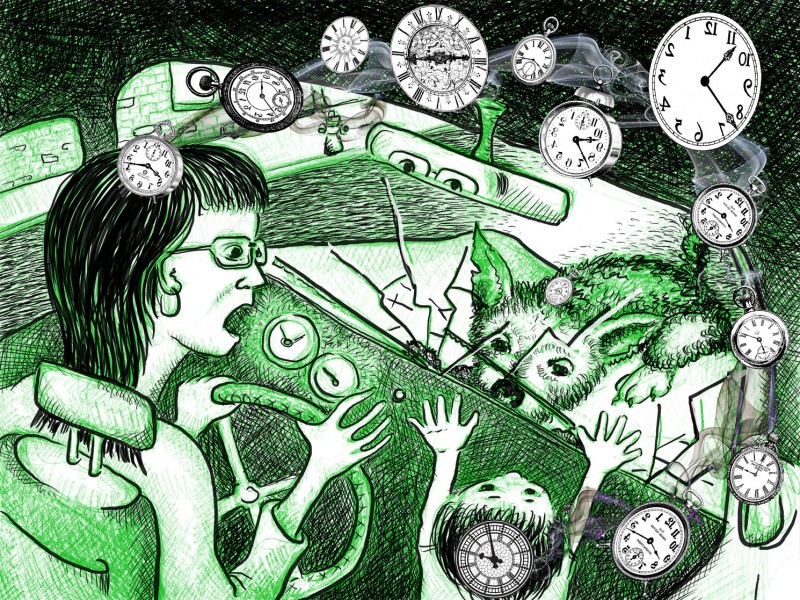
Dowd, M., (2010). “Dressed to Distract.” NYTimes. Retrieved on July 1st, 2010, http://www.nytimes.com/2010/06/06/opinion/06dowd.html?_r=1&src=me&ref=homepage. Summary: Good looks are an advantage to any woman, man or child (and maybe even animal) in this world. Research tells us that babies will look longer at a good looking parent, and the “good looking” babies receive the same preferential treatment. The University of Alberta put together a research team to carry out a study in a supermarket to see if parents gave more attention to their more attractive children. Team leader, Dr Andrew Harrell, says that just as other animals do, “…we tend to parcel out our resources on the basis of value.” Debrahlee Lorenzana, a single mother of 33, was fired from Citibank in August for “looking too sexy”, she claims. According to her lawyer, the shape of her figure made the clothing she chose to wear too distracting for the males in her workplace. Lorenzana wasn’t like other women who chose to come to work in low-cut tops and tight pants, but because of her hourglass figure, any well tailored clothing she wore was “too distracting”. This specific case is interesting because normally the attractive people get better treatment and evaluations at work.…





